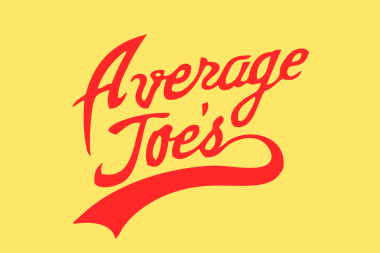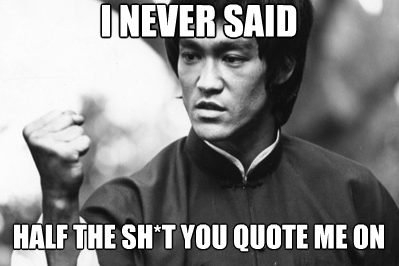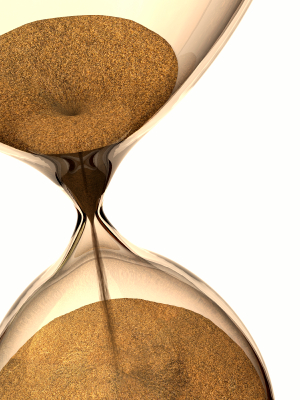Ikken Hissatsu is a Japanese term that is used quite frequently in Karate (especially Shotokan). What does it mean? The term, in itself, is actually not abstract or hard to understand – it means simply to “kill with one strike”, or “one punch kill”. The exact definition is “One Fist, Certain Death”
That’s horrible!
But important.
Now, of course we don’t want to kill people. Can you even do that with a single blow? Some people claim they actually can do a “killing blow”, and that is the “true way” of Karate. Other people sarcastically replie that no man can deliver a “killing blow” with every strike, it’s impossible!
Personally I believe the term “Ikken Hissatsu” should not be taken literally.
It is merely a philosophical statement of attitude.
I mean, the idea that you should physically be able to kill somebody with one blow is quite naive, right? Of course it can happen, but the chance is not that big. It is bigger in Japanese sword fencing, Kenjutsu, where the expression originally comes from, but a fist is simply not a blade.
Instead, you could call it a “fighting utopia” or something. The goal is to always finish (note the word finish, instead of kill) the opponent with one (the first) blow. And if that doesn’t work, use another. If you need to, use a third. But execute every blow with intent, the attitude of “this will be the final blow”. Always expect the first blow to be the last, but never rely on it.
It sounds quite cruel, but if you don’t think like this, then you are sort of betraying yourself. Being purposely weak when countering an attack – in other words not thinking “Ikken Hissatsu” – is being cruel to yourself! And why would you want to be that?
In short, every technique should be performed with full intent and conviction, or you might as well spare your opponent the trouble and hit yourself instead!
For a more Western approach, “Ikken Hissatsu” can be compared to the latin term “Carpe Diem” – to cease/catch the day. The philosophy is the almost the same. If the opponent leaves an opening, you have to take it right away, 100%. It might never come again! Cease the moment, carpe diem.
So, “Ikken Hissatsu” is not really a practical/physical expression, but, like I said, more of a philosophical statement of attitude. This applies not only to punches or strikes, but also to kicks, blocks, throws and joint locks. For example, if you block your opponents arm in the optimal way, he/she should not be able to use it again!
Does “Ikken Hissatsu” apply to areas outside of physical violence? Of course! You can apply it to everything from cooking to sleeping to cleaning your house. It’s the same mindset but a different environment.
I would like to conclude with a quote that really embodies “Ikken Hissatsu”:
When asked for a brief definition of a good Karate person, Shoshin Nagamine replied:
“Kisshu fushin”
Translation?
“Demon’s hand, saint’s heart.”
I really like that.



22 Comments